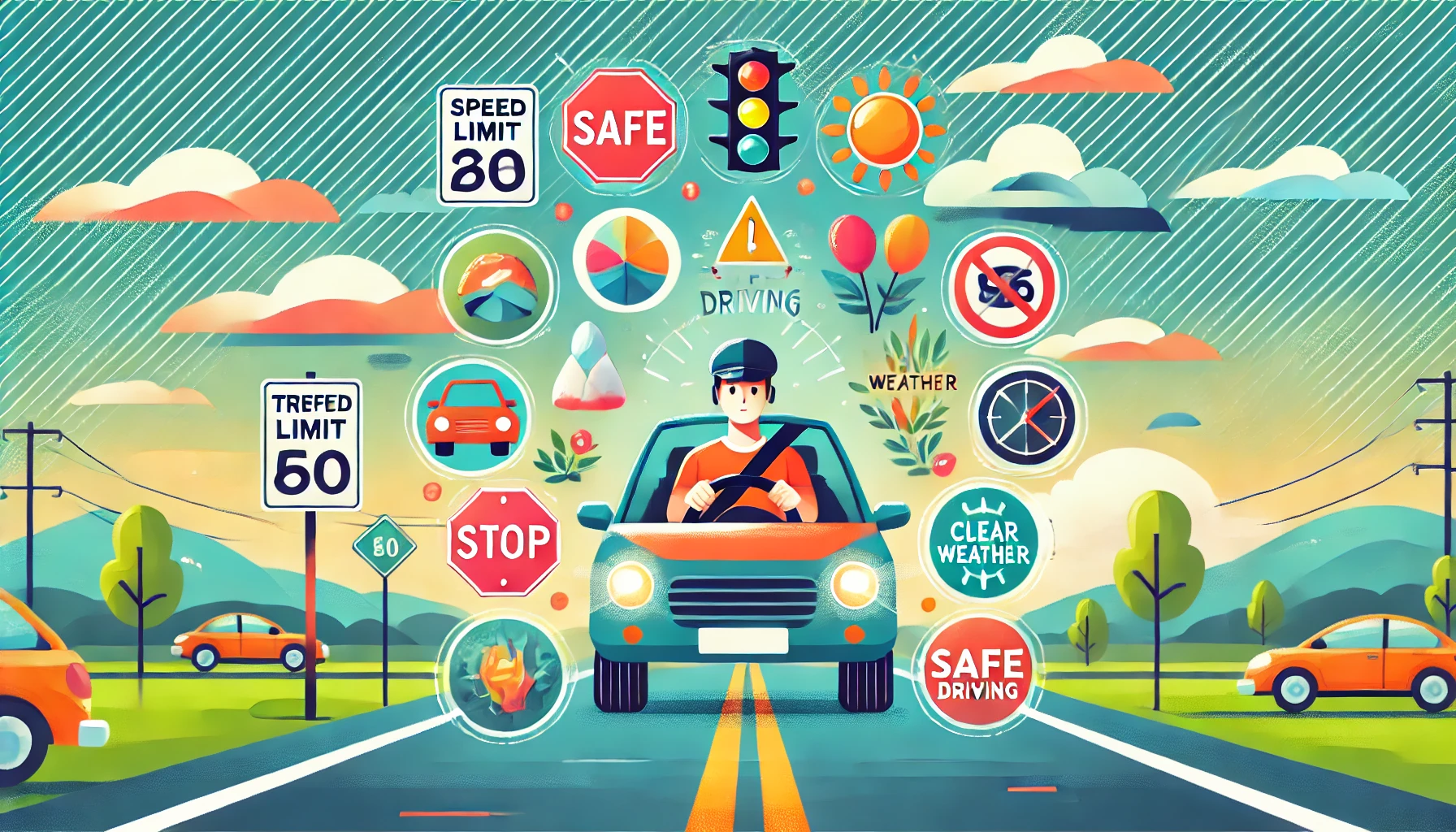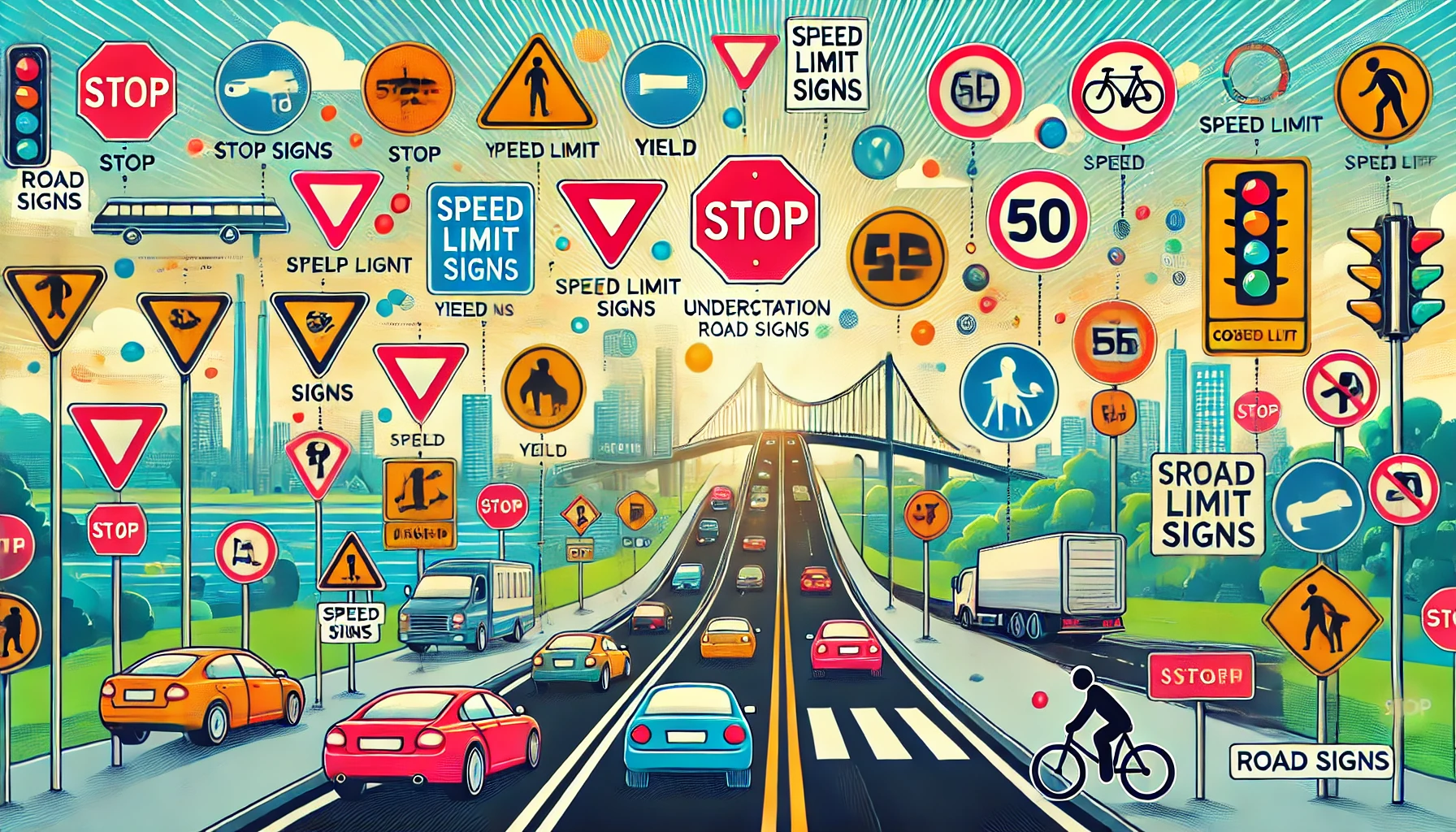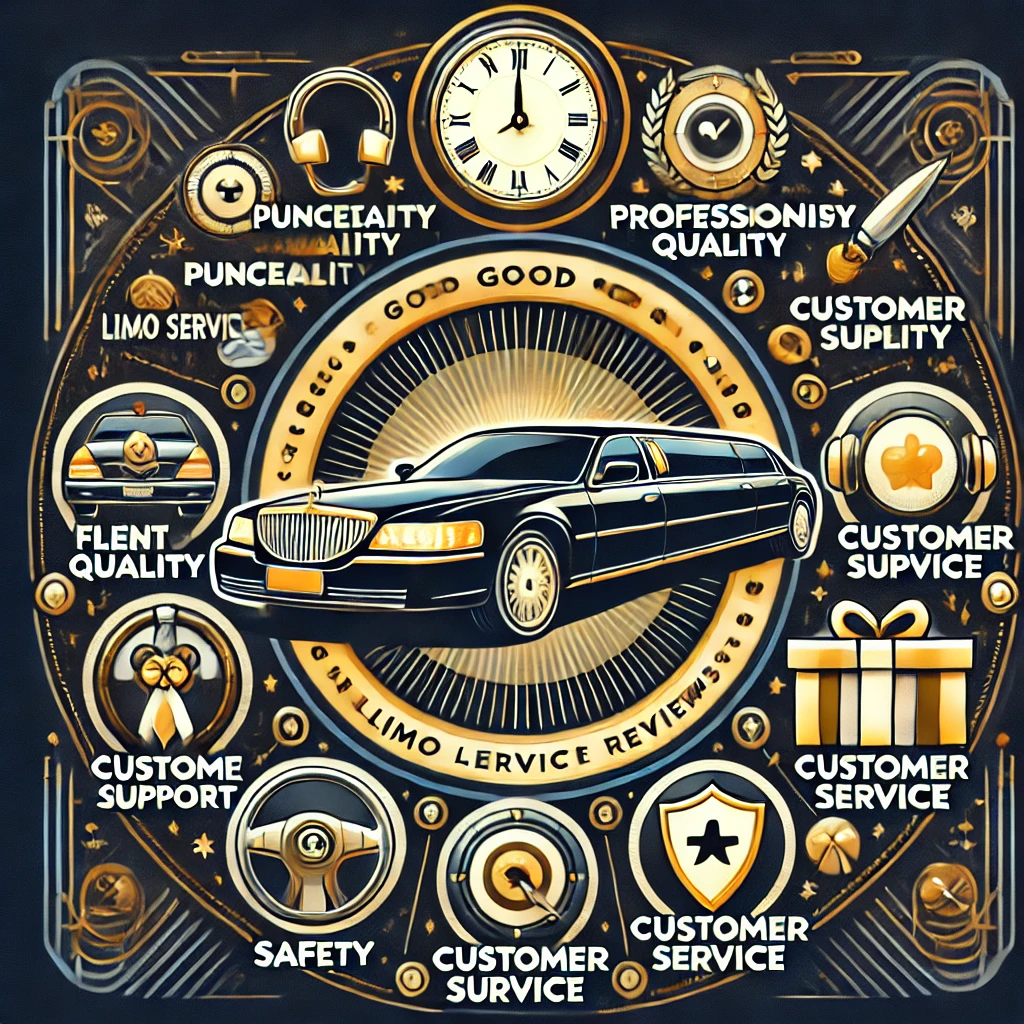Safe driving is more than just an individual responsibility; it’s a collective commitment to protecting lives on the road. With road accidents being a leading cause of injury and death worldwide, mastering safe driving practices is crucial. This comprehensive safe driving tips guide will explore the key factors that impact driving safety, highlight challenges, and provide actionable solutions to ensure that you and others stay safe on the road.
1. Always Stay Focused on the Road
The Issue
Distracted driving is one of the leading causes of road accidents. Texting, eating, or even adjusting your GPS can divert your attention. Even a second of inattention can lead to disastrous consequences. Studies show that taking your eyes off the road for five seconds at 55 mph is like driving the length of a football field blindfolded.
The Solution
- Put Away Distractions
Keep your phone out of reach or use “Do Not Disturb” modes while driving. If you need to make a call or send a text, pull over to a safe location. Utilize hands-free devices only when absolutely necessary. - Plan Ahead
Set your GPS, adjust your mirrors, and finish eating before starting your journey. Planning eliminates the need for multitasking while driving. - Mindfulness and Focus
Practice mindfulness techniques to stay alert and focused. Regular breaks during long drives can help you refresh and remain attentive. Remember, every second of attention counts.
2. Obey Speed Limits
The Issue
Speeding reduces your reaction time, increases stopping distance, and amplifies the severity of collisions. Many drivers feel pressured to speed due to tight schedules or peer influence, ignoring the associated risks.
The Solution
- Time Management
Leave early to account for potential delays. A well-planned schedule prevents the urge to speed. - Stay Aware of Speed Limits
Keep an eye on posted speed limit signs and adjust accordingly. Modern vehicles often feature speed monitoring tools; use them to your advantage. - Safe Following Distance
Maintain a proper distance from the vehicle ahead. The “three-second rule” is a reliable method to calculate a safe gap and react in time.
3. Maintain Your Vehicle
The Issue
Neglecting vehicle maintenance can lead to unexpected failures such as brake malfunctions, tire blowouts, or engine problems. These mechanical issues not only inconvenience you but also endanger others.
The Solution
- Regular Servicing
Stick to a maintenance schedule. Ensure that your brakes, tires, and engine are regularly checked and serviced by professionals. - Check Tire Pressure and Tread
Underinflated or overinflated tires can reduce handling ability. Check tire pressure frequently and replace worn-out tires. - Emergency Preparedness
Keep a toolkit, spare tire, and first-aid kit in your vehicle. Being prepared for emergencies ensures minimal disruptions during unexpected situations.
4. Practice Defensive Driving
The Issue
Aggressive driving and road rage are common issues, especially during rush hours or stressful situations. Reacting impulsively can escalate situations and increase accident risks.
The Solution
- Stay Calm Under Pressure
Avoid engaging with aggressive drivers. Take deep breaths and focus on your safety instead of retaliating. - Anticipate Other Drivers’ Actions
Watch for sudden lane changes, erratic speed variations, and other unpredictable behaviors. Staying vigilant helps you react appropriately. - Stick to Lane Discipline
Avoid weaving through traffic or sudden lane changes. Signal your intentions clearly and give others enough time to adjust.
5. Avoid Driving Under the Influence
The Issue
Alcohol and drugs impair judgment, slow reaction times, and reduce coordination. Even small amounts of alcohol can impact your driving ability.
The Solution
- Designate a Driver
If you’re going out with friends, decide on a designated driver who will remain sober for the trip. - Use Ride-Sharing Services
Consider using ride-sharing or limousine services for events where drinking is expected. Companies with reliable dispatch systems ensure your journey is both convenient and safe. - Know Your Limits
If you feel unwell or suspect impairment, avoid driving altogether. It’s better to call for help than risk your safety.
6. Adapt to Weather Conditions
The Issue
Rain, snow, fog, and ice create slippery roads and reduce visibility, making driving significantly more challenging.
The Solution
- Drive Slower
Reduce your speed and increase your following distance during adverse weather. This allows more time to react to unexpected situations. - Use Proper Lights
Use low beams in foggy conditions and turn on hazard lights when necessary. Avoid using high beams as they can reflect off fog and snow, reducing visibility. - Invest in Winter Tires
For regions prone to snow, winter tires provide better grip and improve control.
7. Learn Proper Parking Techniques
The Issue
Improper parking causes minor accidents, especially in crowded areas like malls and schools. These incidents, though often overlooked, contribute to road chaos.
The Solution
- Choose Designated Parking Areas
Always park in marked spaces. Avoid blocking driveways, intersections, or other vehicles. - Use Rear-View Cameras
Modern vehicles often include cameras to assist with parking. Use them to avoid hitting objects or pedestrians. - Practice Parallel Parking
Mastering this skill can help you navigate tight spaces confidently. Take time to learn and practice in less crowded areas.
8. Follow Traffic Rules
The Issue
Ignoring traffic signals, skipping stops, or not yielding can lead to serious accidents. Many drivers underestimate the importance of adhering to road rules.
The Solution
- Education and Awareness
Familiarize yourself with local traffic laws. Regularly review updates or changes in regulations. - Respect Traffic Lights and Signs
Never rush through a yellow light or ignore stop signs. These signals are designed to ensure safety for all road users. - Encourage Accountability
Lead by example and encourage peers to follow traffic rules. A collective effort can significantly reduce rule violations.
9. Avoid Driving When Fatigued
The Issue
Driving while tired reduces your ability to focus, making it as dangerous as driving under the influence. Many drivers ignore their body’s need for rest, leading to accidents.
The Solution
- Prioritize Rest
Get adequate sleep before long trips. Avoid driving if you feel drowsy or fatigued. - Plan Rest Stops
Schedule regular breaks during long drives. Stretching and taking short naps can help restore focus. - Use Assistance Tools
Modern cars often come with lane departure warnings or drowsiness detection systems. These can be lifesavers for tired drivers.
10. Utilize Dispatch and Limousine Services for Safety
The Issue
Not all trips are suited for self-driving. Events, long distances, or complicated routes can increase risks, especially when you’re not at your best.
The Solution
- Reliable Dispatch Services
Dispatch services from professional companies, like Saztech Solutions, ensure that you have experienced drivers who prioritize safety. - Choose Limousine Services
For events or business trips, limousine services combine comfort with safety. Professional drivers handle the road, leaving you stress-free. - Advanced Customer Support
Companies like Saztech Solutions offer excellent customer support, ensuring all your queries are addressed before and during your trip. Visit Saztech Solutions to learn more.
Conclusion
Safe driving is a skill that requires constant practice and awareness. By following this safe driving tips guide, you not only protect yourself but also contribute to safer roads for everyone. Whether it’s maintaining your vehicle, avoiding distractions, or choosing professional services like those offered by Saztech Solutions, every action counts.
Call to Action
For a stress-free, safe, and comfortable journey, consider the professional dispatch and customer support services from Saztech Solutions. Let them take the wheel while you focus on enjoying the ride!
Home | About Us | Pricing | Get Started | FAQ | Dispatch Daily | Contact Us
WhatsApp | Facebook | LinkedIn





Leave a Reply